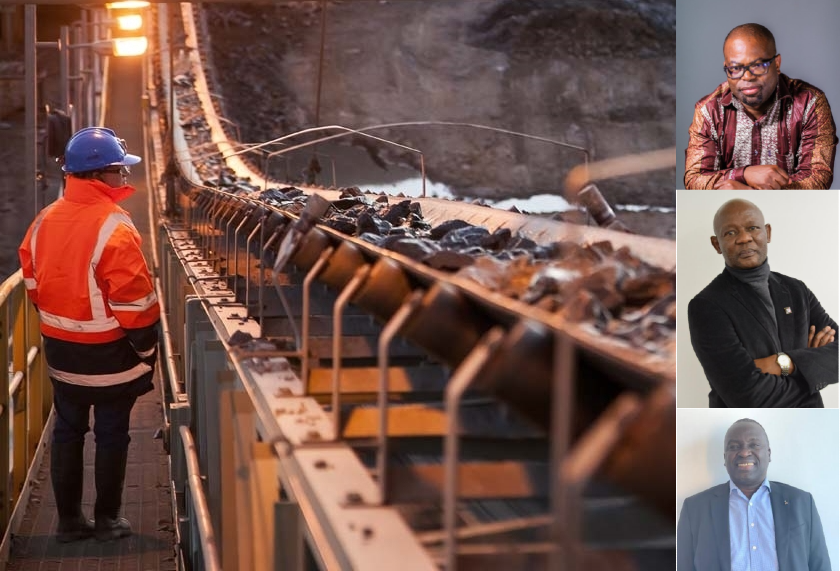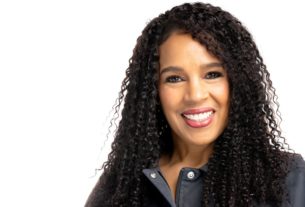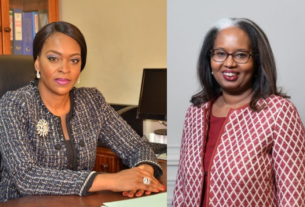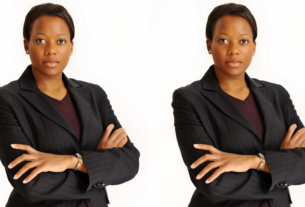The Global Sustainability Standards Board (GSSB) of the Global Reporting Initiative has selected 20 members to participate in the global working group that will develop the content of a sector standard for the mining sector that addresses the impacts of organizations in this sector.
The Global Reporting Initiative is an independent international standard-setting body for sustainability performance and disclosure by companies, governmental and non-governmental organizations.
The 20-member working group includes experts from business, civil society, investment institutions, labor organizations and ombudsman institutions representing Asia, Africa, North and South America, Europe and Oceania. The working group members, it is explained, bring a balanced set of perspectives and expertise from different regions, commodities, size and type of organizations, topics related to sector impacts, as well as sustainability frameworks and reporting practices relevant to the mining sector.
The group was appointed by the GRI Global Sustainability Standards Council, following an open recruitment process. The sector standard for mining will be developed over the course of 2022-23, including a global public consultation period.
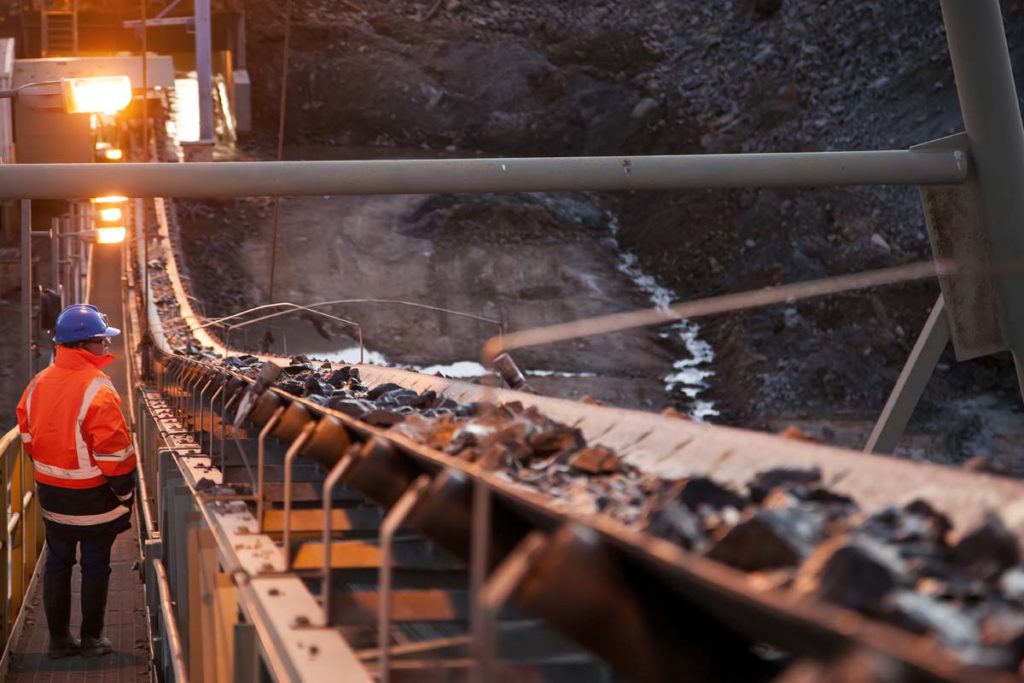
Fourth standard developed
The mining sector standard, GRI says, is the fourth standard developed under the sector program. The new program identifies a sector’s most significant impacts and reflects stakeholder expectations for sustainability reporting.
Mining, GRI explains, was singled out because of its wide-ranging impacts – such as intensive water use, ecosystem disruption, and air and soil pollution, which in turn can have major consequences for the well-being of local communities. The sector, GRI continues, also plays an important role in the transition to a low-carbon economy by providing access to minerals needed for renewable energy technology.
Political economy expert
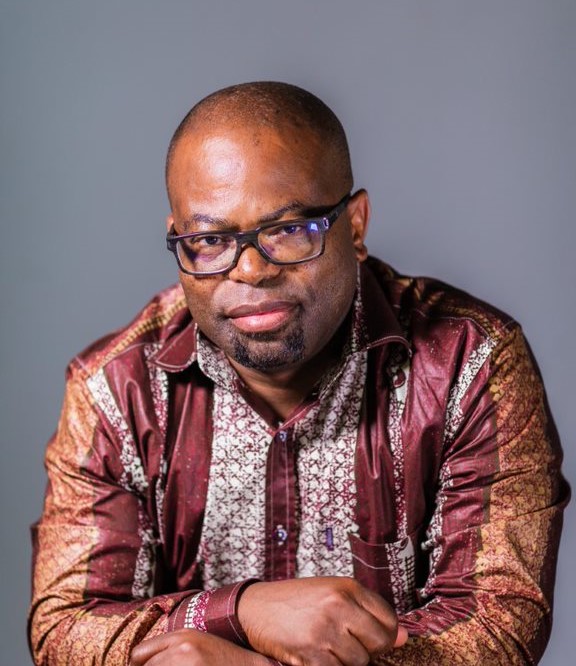
Claude Kabemba, originally from the Democratic Republic of Congo, has been the executive director of Southern Africa Resource Watch (SARW), part of the Open Society Initiative for Southern Africa (OSISA), since 2006. SARW specializes in the governance of minerals (solid and liquid) on the African continent and focuses on promoting transparent, accountable and equitable management of natural resources in Africa.
An expert in political economy and holder of a PhD in international relations (political economy) from the University of the Witwatersrand, Claude Kabemba has 25 years of experience, 15 of which have been spent studying the African mining sector. His expertise lies in how to maximize the development impact of mineral assets to address poverty and inequality in the African context. Dr. Claude Kabemba’s research interests include the institutions and legal framework for mining governance, mining contract negotiations, international regimes governing extractive industries, business and human rights, environmental, social and governance (ESG) reporting, revenue management, and the mining vision for Africa. Increasingly, Claude Kabemba’s work involves studying the link between mining and climate change.
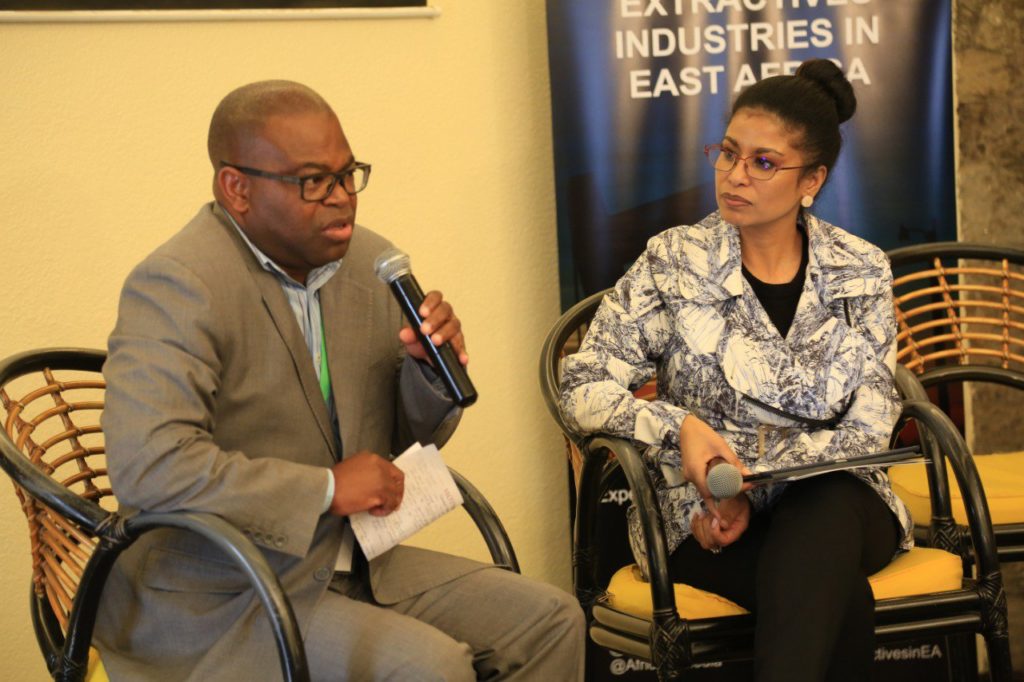
Political Analyst
Prior to joining SARW, Dr. Claude Kabemba worked with the Human Sciences Research Council and the Electoral Institute of Southern Africa as Research Director and Research Manager, respectively. He has also worked as a political analyst at the Development Bank of Southern Africa and the Centre for Policy Studies.
His main areas of interest are the political economy of sub-Saharan Africa, particularly Southern and Central Africa, with a focus on democratization and governance issues, natural resource governance, electoral politics, citizen participation, conflict, media, political parties, civil society and social policy. He has consulted for international organizations such as Oxfam, UNHCR, The Norwegian People’s Aid, electoral commissions and the African Union. His publications include books (as editor), book chapters, journal articles, monographs, research reports and newspapers.
IndustriALL Global Union’s Director of Mining Production
For his part, Glen Mpufane is a South African working and living in Geneva, Switzerland as the Director of Mining, Diamonds, Gems, Ornament and Jewelry Production (DGOJP) since 2012 with IndustriALL Global Union, a global union based in Geneva, Switzerland.

Before IndustriALL, Glen Mpufane was a Mining Officer for the International Federation of Chemical, Energy, Mines, and General Workers’ Unions (ICEM), also based in Geneva. Glen leads the global union’s mining sector global engagement around policy development and implementation principally around the world of work, environmental, social and governance (ESG), climate change and IR 4.0 impacts. Glen is also the lead for IndustriALL Global Union on occupational health and safety. Glen has over 40 years’ global experience in the mining industry that includes working in the mines and for the National Union of Mineworkers as a miner and health and safety officer and head of international relations respectively.
Glen Mpufane serves on various ESG standard development initiatives such as the initiative for responsible mining and assurance (IRMA), both as a board member and in the executive committee, on the technical advisory committee of the Copper Mark, the advisory council to the Responsible Mining Foundation and the Responsible Mining Index Report, the Technical & Advisory Committee of Better Coal, the Advisory Panel of the Global Tailings Management Institute (GTMI) and a member of the Mining and Metals Future of Work Taskforce of the World Economic Forum – WEF. He holds a Bachelors of Art Degree majoring in Sociology and Communications.
Risk expert
William Bannerman, from Ghana, is a sustainability risk expert with 30 years’ experience in diverse sectors including agriculture, banking, and gold and zinc mining in different international jurisdictions. He served in executive and consultancy roles in major mining brands including Glencore, Newmont GoldCorp, Goldfields, and in AngloGold Ashanti as Vice President for Sustainability.

William Bannerman has established and worked with many risk management system models and standards, particularly in industry.
He holds a PhD in Environment & Materials from France and is a former UNIDO National Expert for Environment and Cleaner Production in Mining.
List of Working Group Members
- Brendan Tapley: Senior Manager, PwC (Australia)
- Briony Coleman: Director Compliance, Systems and Assurance – Sustainability and External Relations, Newmont Corporation (Australia)
- Bryony Clear Hill: Senior Programme Officer, International Council on Mining and Metals (UK)
- Claude Kabemba: Executive Director, Southern Africa Resource Watch (South Africa)
- Deepak Gulliya: Manager – Sustainable Business, WWF (India)
- Glen Mpufane: Director of Mining and DGOJP, IndustriALL Global Union (Switzerland)
- Jeff Geipel: Managing, Director – Mining Shared Value, Engineers Without Borders (Canada)
- Jennifer Orr: Principal, Sustainability, South32 (Australia)
- John Drexhage: Advisor, World Bank (Canada)
- Juan Rodrigo Walsh: Member and former Vice-President, AIDIS (Argentine Association of Sanitary Engineering and Environmental Sciences) (Argentina)
- Korie Anne Hickel: Director, ESG, Community & Government Relations, Coeur Mining Inc. (USA)
- Kristi Disney Bruckner: Senior Policy Advisor, Initiative for Responsible Mining Assurance (USA)
- Melissa Waller: Non Executive Independent Board Director, Hyperion Metals Ltd. (USA)
- Michèle Brülhart: Executive Director, The Copper Mark (Switzerland)
- Patricia Zerega: Senior Director of Shareholder Advocacy, Mercy Investment Services (USA)
- Peter Frövén: National OSH officer, IF Metall (Sweden)
- Peter Sinclair: Senior Advisor, ESG, World Gold Council (Canada)
- Robert Greenberg: Head of Sustainability Integration Governance & Performance, Anglo American plc (UK)
- Robert Pitman: Senior Governance Officer, Natural Resource Governance Institute (USA)
- William Bannerman: CEO, Intelligence Nature International (Ghana)
